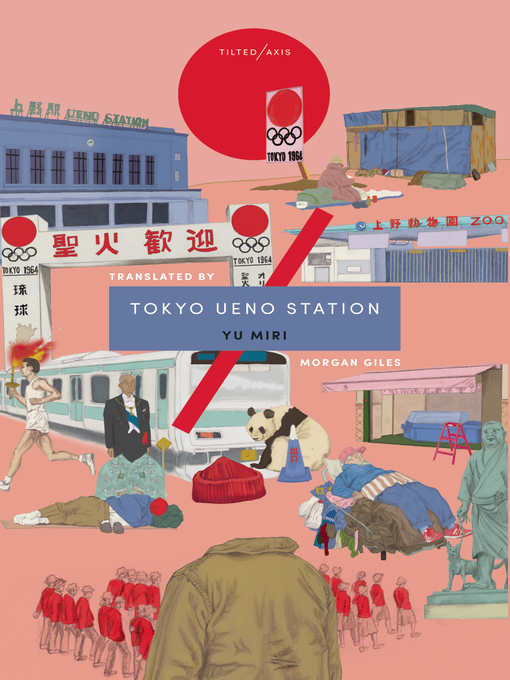Winner of the 2020 National Book Award for Translated Literature
Kazu is dead. Born in Fukushima in 1933, the same year as the Emperor, his life is tied by a series of coincidences to the Imperial family and has been shaped at every turn by modern Japanese history. But his life story is also marked by bad luck, and now, in death, he is unable to rest easily, haunting the park near Ueno Station. It is here that Kazu's life in Tokyo began and ended, having arrived there to work a labourer in the run up to the 1964 Tokyo Olympics before ending his days living in the vast homeless 'villages' in the park, traumatised by the destruction of the 2011 tsunami and enraged by the announcement of the 2020 Olympics.
As a work of post-tsunami literature and a protest against the 2020 Tokyo Olympics, this novel is of utmost importance to this moment, a powerful rebuke to the Imperial system and a sensitive, deeply felt depiction of the lives of Japan's most vulnerable people.


